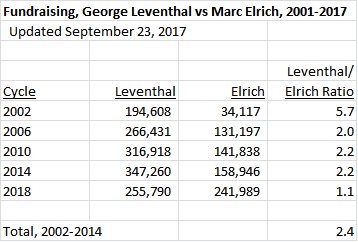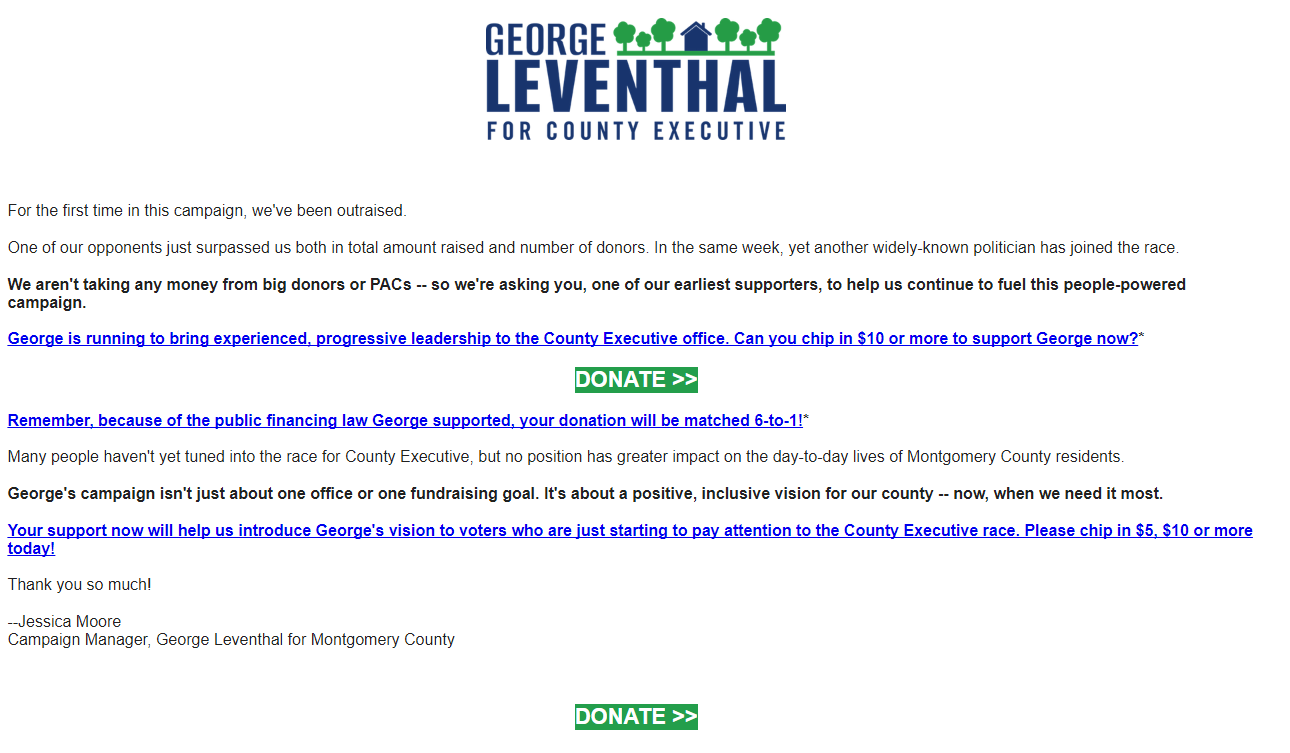We only know so much about the Republican tax cut plan. As now seems to be the Republican way from healthcare to widening I-495, I-270 and the BW Parkway, plans have only gauzy outlines. However, the little presented is enough to know that tax “reform” would screw many Marylanders. Big Time.
The central idea of tax reform is that the elimination of various special interest tax breaks allows for a reduction in rates without reducing revenue. This plan reduces income tax rates, primarily at the top end, along with corporate tax rates but does virtually nothing to attack special interest tax breaks, so it will result in a massive reduction in revenue. It’s a yuge tax cut for the wealthy being presented in the guise of tax reform.
Indeed, the only eliminated tax break is the state and local tax deduction for taxpayers that itemize. This change is transparently designed to screw blue states that provide high levels of services and thus have higher state and local taxes, as this chart from the Wall St. Journal reveals:
Anne Arundel, Howard and Montgomery Counties will be among the biggest losers. Upper-middle class households that earn more than $100,000 are more likely to itemize because the current tax code makes it worth the bother. In 2015, over one-half of households earned more than $110,000 in Howard, $98,000 in Montgomery, $90,000 in Anne Arundel, and $75,000 in Maryland as a whole. These figures are even higher now.
As a result, Maryland, especially Anne Arundel, Howard, and Montgomery Counties, will take a big hit. Indeed, many upper-middle class taxpayers may well end up paying more in taxes under the Trump-Ryan plan than they do now because the elimination of this deduction will wipe out any gains that they would otherwise make.
There are some “good” nuggets of news in Trump-Ryan tax plan. While the administration is employing its standard tactic of the big lie by saying that this plan will not help the wealthy, including Donald Trump. Since Donald Trump said “believe me” when making this case, we know from experience that it’s extra big lie.
And indeed, it is. If you’re among the most extremely wealthy, you’ll make out very well. Trump wants to eliminate the estate tax, so that he—oops Freudian slip—other very wealthy people can leave massive money to their heirs tax free. Annually, only around 5000 estates are subject to the estate tax in any year but Maryland probably has more than its fair share as the most affluent state in the country.
Other prominent features in the proposal will also aid the wealthy enormously, especially the reduction in the top income tax bracket and pass-through S-corporations. The graph presented at the top of this post, developed by the Tax Policy Center, shows just how much the top 1%, and especially the top 0.1%, will gain.







